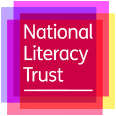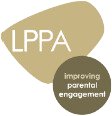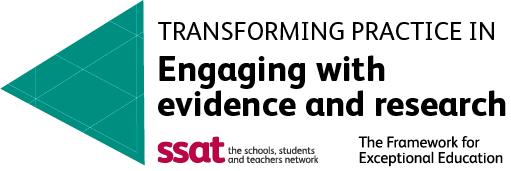Supporting Your Child with Reading
Nothing is more important in education than ensuring that every child can read well. Pupils who can read are overwhelmingly more likely to succeed at school, achieve good qualifications, and subsequently enjoy a fulfilling and rewarding career. Those who cannot will find themselves at constant disadvantage.
department for education
At SSA, students complete homework daily. Alongside speaking to your child about their homework, we ask that you support your child by encouraging them to read regularly and widely.
Recent research has found that children who are more interested in reading do better at school than those who don’t read for pleasure. Furthermore, those with a low reading age will struggle to understand the questions in all of their GCSE exams.
It is vital that parents and carers of SSA support their child in improving their reading skills so that they get into good habits, which will stay with them for the rest of their lives.
How can I support my child?
- Encourage them to read for pleasure for at least 30 minutes a day.
All students should have a book in their bag. They have been reading these at school in every spare moment. Encourage them to continue reading their books at home to ensure this has a lasting impact.
- Ask your child to read to you and discuss the book that they are reading.
In your discussion you should talk about the characters, the setting, the themes, the language and the plot. Ask them to predict about what they think will happen.
- Encourage your child to read newspapers, magazines and online articles. Discuss these with them.
Reading for information is an important life skill. When discussing non-fiction with your child you should ask them to summarise the key points and comment on any graphs, diagrams, tables presented within the piece. Once they understand the non-fiction piece and the opinion it forms, ask them what their own opinion on the given topic is.
- Be a role model. If your child sees you reading regularly, they are more likely to do so themselves.
What resources can help me in supporting my child to read often and widely?
The School Reading List: Recommended Books for KS3 & KS4
DfE: 10 top tips for parents to support children to readTES: Parent help for Year 7 & 8 Reading and WritingAudible: FREE books for desktops, phones or tabletsReadingZone: Helping you discover the best books for children and teenagersProject Gutenberg: FREE E-Books of Literary Classics














